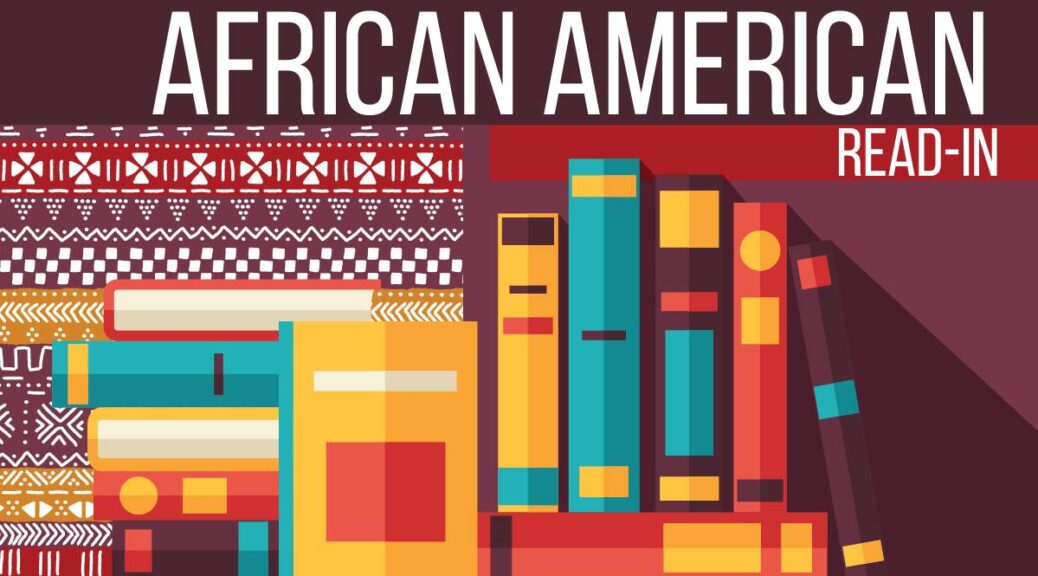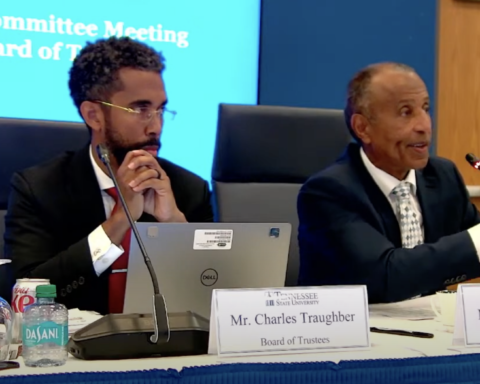By Meagan Gosa
Tennessee State University will celebrate African American literature and literacy during the African American Read-In virtual event on Friday, February 11, at noon. As part of Black History Month, the Languages, Literature, and Philosophy Department in the College of Liberal Arts is hosting the read-in, with the theme of “Self- discovery.”
The National African American Read-In (AARI) is the nation’s first and oldest event dedicated to diversity in literature and encourages communities to read together, centering around African American books and authors. It was established in 1990 by the Black Caucus of the National Council of Teachers of English to make literacy a significant part of Black History Month.
Dr. Zeba Khan-Thomas, an assistant professor of English, is the main organizer of the TSU event. Dr. Khan-Thomas says that the theme “self-discovery” is appropriate to for empowering participants to learn more about themselves through self-care practices, creative expressions, literary engagement, and community solidarity.
“We want to focus on what we are doing to remain in tune with ourselves, heal ourselves, and cope on a regular basis,” adds Khan-Thomas. Our main objective is to explore how can we use our creative mediums and be writers of the African American literary canon. Most importantly, provide some of that motivation or inspiration for us.”
Communities nationwide, including schools, churches, libraries, bookstores, and professional organizations are urged to host an African American Read-In event.
“Being able to share ideas and our thoughts, it shows other people our experiences, what we’ve gone through, and who we are despite challenges we face,” says Jasmine Sears, a history major, with a concentration in teaching, from Atlanta. The junior adds, “read-ins like the one TSU is hosting are important because they provide knowledge about black excellence and showcase creativity of black thought. I think oftentimes that aspect of who we are as a people is diminished.”
Khan-Thomas says the readings will start with negro spirituals from the 18th century, then move into periods of the 70s, 80s, 90s, and early 2000s.





